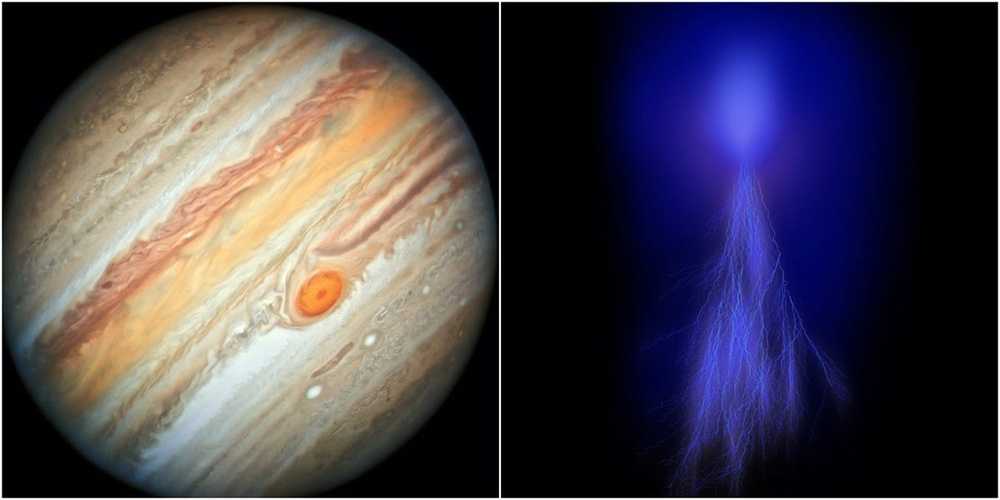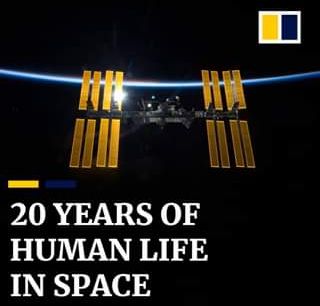
Category: space – Page 765

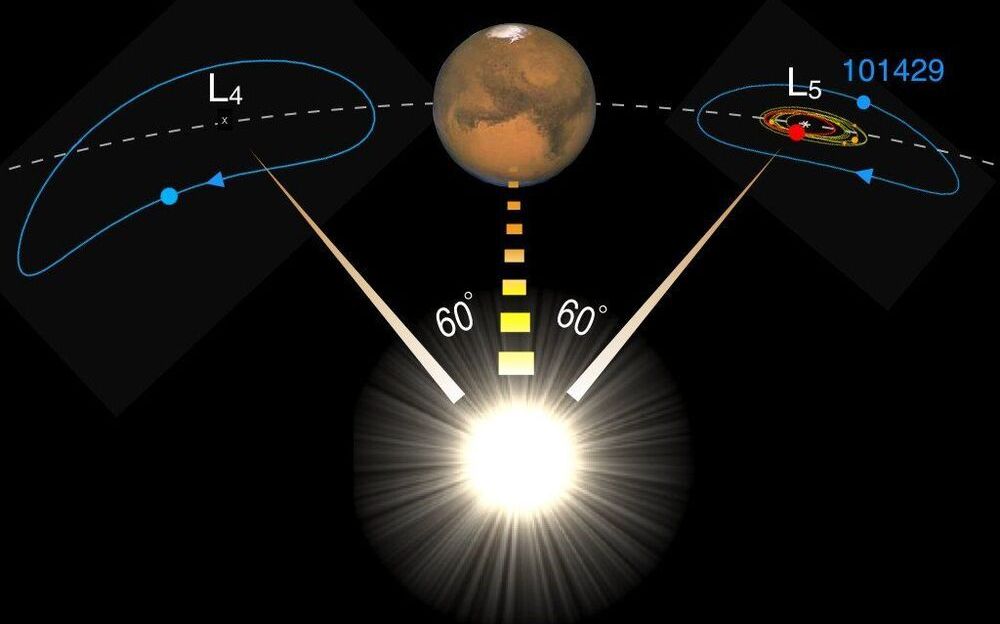
Mars plays shepherd to our moon’s long-lost twin, scientists find
An international team of planetary scientists led by astronomers at AOP have found an asteroid trailing behind Mars with a composition very similar to the moon’s. The asteroid could be an ancient piece of debris, dating back to the gigantic impacts that formed the moon and the other rocky planets in our solar system like Mars and the Earth. The research, which was published in the journal Icarus, also has implications for finding such primordial objects associated with our own planet.
Trojans are a class of asteroid that follows the planets in their orbits as a flock of sheep might follow a shepherd, trapped within gravitational “safe havens” 60 degrees in front of, and behind, the planet (Figure 1). They are of great interest to scientists as they represent leftover material from the formation and early evolution of the solar system. Several thousands of those Trojans exist along the orbit of the giant planet Jupiter. Closer to the Sun, astronomers have so far discovered only a handful of Trojans of Mars, the planet next door to Earth.
A team including scientists from Italy, Bulgaria and the US and led by the Armagh Observatory and Planetarium (AOP) in Northern Ireland has been studying the Trojans of Mars to understand what they tell us about the early history of the inner worlds of our solar system—the so-called terrestrial planets—but also to inform searches for Trojans of the Earth. Ironically, it is much easier to find Trojans of Mars than for our own planet because these Earth Trojans, if they exist, sit always close to the Sun in the sky where it is difficult to point a telescope. An Earth Trojan, named 2010 TK7, was found a decade ago by NASA’s WISE space telescope, but computer modeling showed it is a temporary visitor from the belt of asteroids between Mars and Jupiter rather than a relic planetesimal from the Earth’s formation.
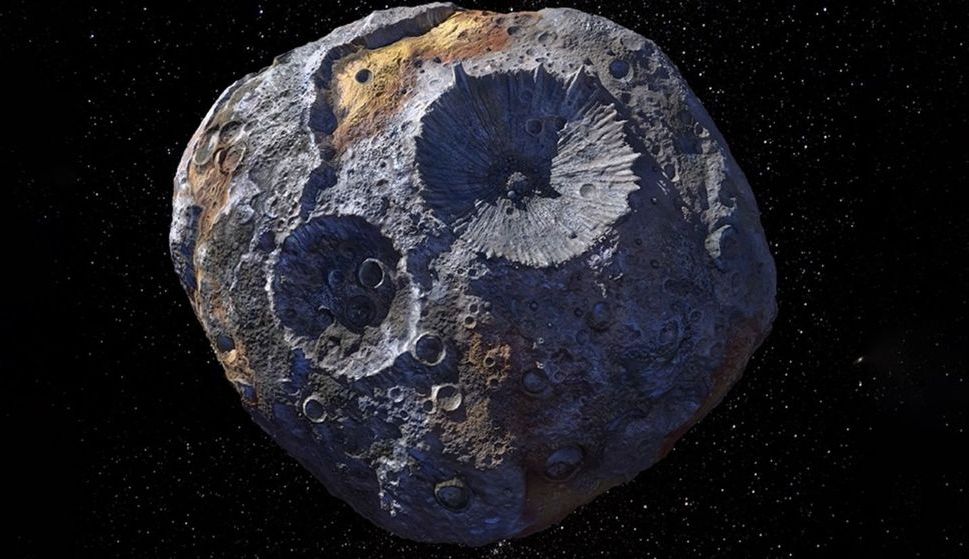
NASA provides photos of rare metal asteroid worth more than entire world’s economy
The asteroid is believed to be the exposed, dead core from an early planet, that either failed to form, or was the result of many collisions over time.
16 Psyche, which was discovered in 1852, is located in the Solar System’s main asteroid belt between Jupiter and Mars about 370 million kilometres from Earth.
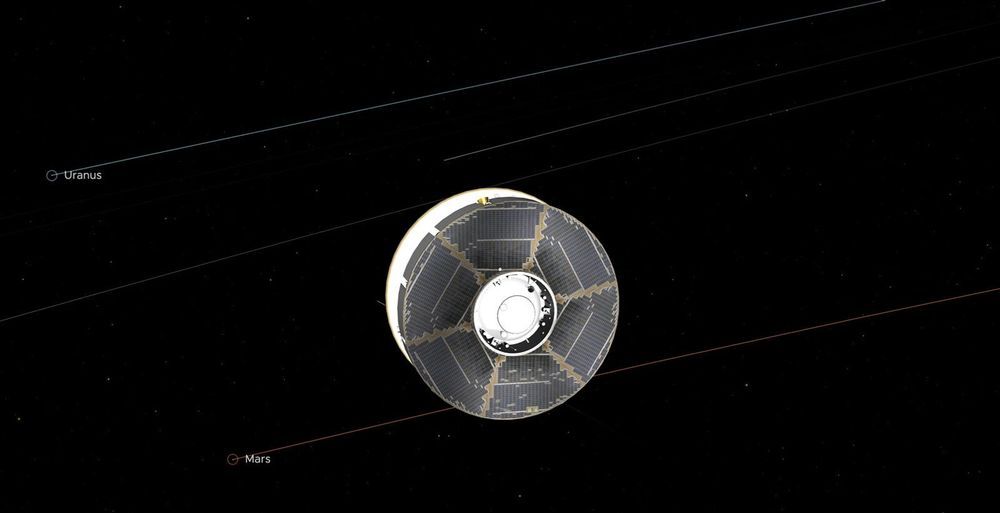

An International Agreement to Collaborate on Artemis on This Week @NASA – 10/30/20
🌔 An agreement with ESA — European Space Agency to collaborate on #Artemis
💧 Our SOFIA Stratospheric Observatory for Infrared Astronomy finds water molecules on the Moon’s sunlit surface
🛰️ NASA’s OSIRIS-REx Asteroid Sample Return Mission successfully stows the sample it captured from asteroid Bennu.
Watch: youtu.be/XkzB4UZe1JE
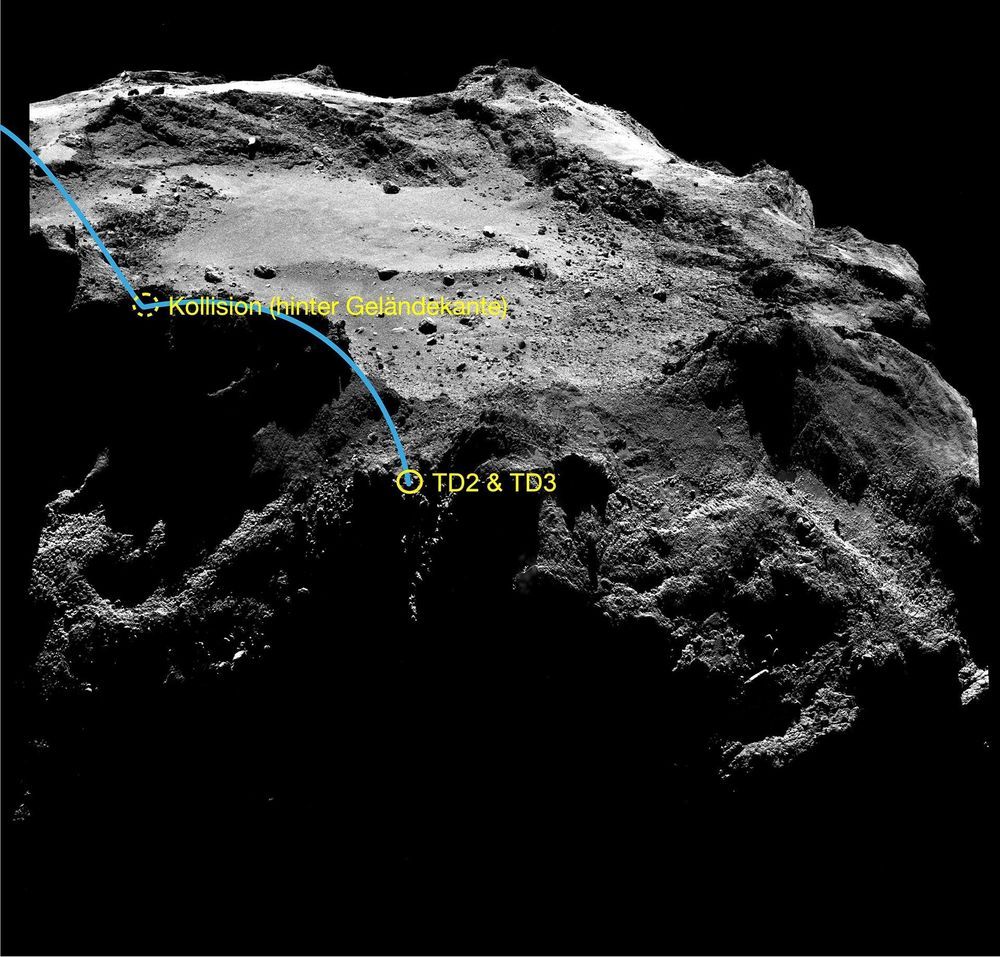
4.5-billion-year-old Ice on Comet ‘Fluffier Than Cappuccino Froth’
After years of detective work, scientists working on the European Space Agency (ESA) Rosetta mission have now been able to locate where the Philae lander made its second and penultimate contact with the surface of Comet 67P/Churyumov-Gerasimenko on 12 November 2014, before finally coming to a halt 30 metres away. This landing was monitored from the German Aerospace Center Philae Control Center. Philae left traces behind; the lander pressed its top side and the housing of its sample drill into an icy crevice in a black rocky area covered with carbonaceous dust. As a result, Philae scratched open the surface, exposing ice from when the comet was formed that had been protected from the Sun’s radiation ever since. The bare, bright icy surface, the outline of which is somewhat reminiscent of a skull, has now revealed the contact point, researchers write in the scientific publication Nature.
All that was known previously was the location of the first contact, that there had been another impact following the rebound, and the location of the final landing site where Philae came to rest after two hours and where it was found towards the end of the Rosetta mission in 2016. “Now we finally know the exact place where Philae touched down on the comet for the second time. This will allow us to fully reconstruct the lander’s trajectory and derive important scientific results from the telemetry data as well as measurements from some of the instruments operating during the landing process,” explains Jean-Baptiste Vincent from the DLR Institute of Planetary Research, who was involved in the research published today. “Philae had left us with one final mystery waiting to be solved,” says ESA’s Laurence O’Rourke, the lead author of the study.
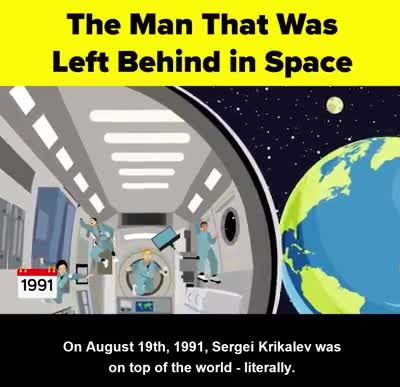
The Man Who Was Left Behind in Space
Space — The final frontier, and for Soviet cosmonaut, Sergei Krikalev, it nearly was his final frontier! Check out today’s new video where a soviet astronaut was on a space mission, meanwhile the USSR crumbled,… More making him the last citizen of the Soviet Union. How did Sergei finally get home, and what home would he be coming back to? Check out this epic new space story to find out!
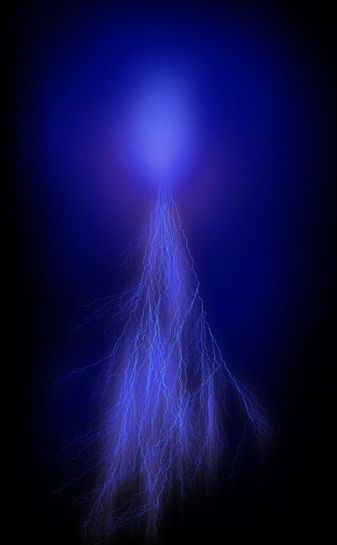
Juno data indicates ‘sprites’ or ’elves’ frolic in Jupiter’s atmosphere
New results from NASA’s Juno mission at Jupiter suggest that either “sprites” or “elves” could be dancing in the upper atmosphere of the solar system’s largest planet. It is the first time these bright, unpredictable and extremely brief flashes of light—formally known as transient luminous events, or TLE’s—have been observed on another world. The findings were published on Oct. 27, 2020, in the Journal of Geophysical Research: Planets.
Scientists predicted these bright, superfast flashes of light should also be present in Jupiter’s immense roiling atmosphere, but their existence remained theoretical. Then, in the summer of 2019, researchers working with data from Juno’s ultraviolet spectrograph instrument (UVS) discovered something unexpected: a bright, narrow streak of ultraviolet emission that disappeared in a flash.
“UVS was designed to characterize Jupiter’s beautiful northern and southern lights,” said Giles, a Juno scientist and the lead author of the paper. “But we discovered UVS images that not only showed Jovian aurora, but also a bright flash of UV light over in the corner where it wasn’t supposed to be. The more our team looked into it, the more we realized Juno may have detected a TLE on Jupiter.”

Picturing Earth: Astronaut Photography In Focus
📸 🌍 For 20 years, humans have lived and worked in Earth orbit on the International Space Station. Astronauts photograph our home planet from space almost daily, contributing to a growing archive of over 3 million Earth observations. How these images benefit science: youtu.be/1TtdOVbWjXo # SpaceStation20th.
